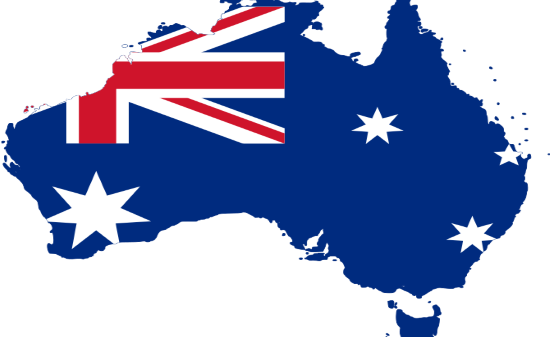SS3 Second Term History Past Questions And Answers
Second Term History Questions with options and answers:
Question: The Battle of Gettysburg was a significant engagement during which war?
A) American Revolution
B) Civil War
C) World War I
D) Napoleonic Wars
Answer: B) Civil War
Question: Who was the leader of the Bolsheviks and the first head of the Soviet state after the Russian Revolution?
A) Vladimir Putin
B) Leon Trotsky
C) Joseph Stalin
D) Vladimir Lenin
Answer: D) Vladimir Lenin
Question: The Treaty of Versailles, signed in 1919, marked the end of which major conflict?
A) World War I
B) World War II
C) Korean War
D) Vietnam War
Answer: A) World War I
Question: What was the main focus of the Harlem Renaissance in the 1920s?
A) Civil rights activism
B) Literary and artistic expression
C) Scientific advancements
D) Industrial innovations
Answer: B) Literary and artistic expression
Question: The Great Depression, one of the most severe economic downturns in history, began in which decade?
A) 1920s
B) 1930s
C) 1940s
D) 1950s
Answer: B) 1930s
Question: Who was the Prime Minister of the United Kingdom during World War II?
A) Winston Churchill
B) Margaret Thatcher
C) Neville Chamberlain
D) Clement Attlee
Answer: A) Winston Churchill
Question: The Universal Declaration of Human Rights was adopted by the United Nations in which year?
A) 1945
B) 1950
C) 1960
D) 1970
Answer: A) 1945
Question: The Cuban Missile Crisis in 1962 brought the United States and which other nation to the brink of nuclear war?
A) China
B) Soviet Union
C) Cuba
D) Vietnam
Answer: B) Soviet Union
Question: The Cultural Revolution, a socio-political movement, took place in which country during the 1960s?
A) Japan
B) China
C) India
D) Vietnam
Answer: B) China
Question: The fall of the Berlin Wall in 1989 symbolized the end of the Cold War. What ideology did it represent?
A) Capitalism
B) Communism
C) Socialism
D) Fascism
Answer: B) Communism
Question: The Dayton Agreement, signed in 1995, brought an end to the conflict in which European country?
A) Bosnia and Herzegovina
B) Kosovo
C) Croatia
D) Serbia
Answer: A) Bosnia and Herzegovina
Question: Who was the South African leader known for his role in ending apartheid and becoming the country’s first black president?
A) Nelson Mandela
B) Desmond Tutu
C) F.W. de Klerk
D) Thabo Mbeki
Answer: A) Nelson Mandela
Question: The Kyoto Protocol aimed to address the issue of:
A) Human rights
B) Nuclear weapons
C) Climate change
D) Global trade
Answer: C) Climate change
Question: What event marked the beginning of the Arab Spring in Syria in 2011?
A) Assassination of Muammar Gaddafi
B) Syrian Civil War
C) Jasmine Revolution
D) Egyptian Revolution
Answer: B) Syrian Civil War
Question: The term “Brexit” refers to the withdrawal of which country from the European Union?
A) France
B) Germany
C) United Kingdom
D) Italy
Answer: C) United Kingdom
Question: The Paris Agreement, adopted in 2015, focuses on addressing the global issue of:
A) Economic inequality
B) Cybersecurity
C) Climate change
D) Nuclear proliferation
Answer: C) Climate change
Question: The Belt and Road Initiative (BRI) is a development strategy proposed by which country?
A) United States
B) Russia
C) China
D) India
Answer: C) China
Question: Who is the current Secretary-General of the United Nations as of 2024?
A) Ban Ki-moon
B) António Guterres
C) Kofi Annan
D) Javier Pérez de Cuéllar
Answer: B) António Guterres
Question: The Iran Nuclear Deal, officially known as the Joint Comprehensive Plan of Action (JCPOA), was signed in 2015. Which countries were the major parties involved?
A) United States, Russia, China, France, Germany, and United Kingdom
B) United States, Iran, Iraq, and Syria
C) Russia, China, India, and Brazil
D) United States, North Korea, South Korea, and Japan
Answer: A) United States, Russia, China, France, Germany, and United Kingdom
Question: In recent years, Hong Kong has been a focal point for protests related to:
A) Environmental issues
B) Independence movements
C) Social inequality
D) Political autonomy
Answer: D) Political autonomy.





